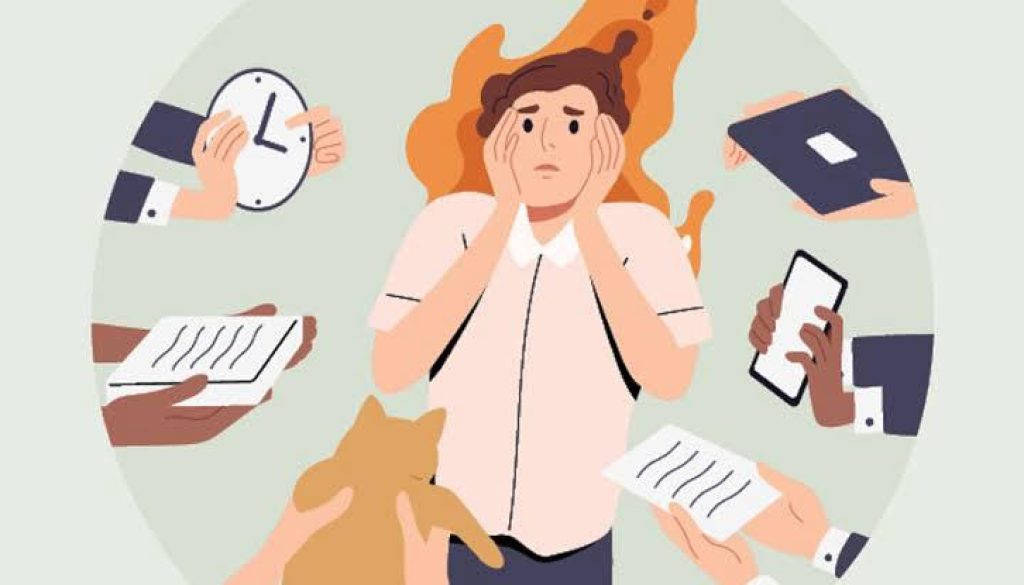Burnout: Understanding the Causes, Signs, and Consequences of Chronic Exhaustion
Burnout is a state of chronic exhaustion, both physical and mental, caused by prolonged stress, overwork, and lack of balance in life. It can affect anyone, regardless of their profession or position, and can have serious consequences on one’s health, relationships, and overall well-being.
Causes of Burnout
Burnout can be caused by a variety of factors, including:
1. Chronic stress: Ongoing stress at work, home, or in personal relationships can lead to burnout.
2. Lack of control: Feeling micromanaged, powerless, or trapped in a situation can contribute to burnout.
3. Poor work-life balance: Constantly working long hours, neglecting self-care, and sacrificing personal time can lead to burnout.
4. Lack of social support: Insufficient support from colleagues, family, and friends can exacerbate burnout.
5. Perfectionism: Setting unrealistically high standards and striving for perfection can lead to burnout.
Signs and Symptoms of Burnout
Burnout can manifest in different ways, but common signs and symptoms include:
1. Chronic fatigue: Feeling exhausted, depleted, and lacking energy.
2. Cynicism and detachment: Feeling hopeless, detached, and disconnected from work, others, and oneself.
3. Reduced productivity: Struggling to complete tasks, meeting deadlines, and delivering results.
4. Increased irritability: Feeling short-tempered, snappish, and impatient with others.
5. Physical symptoms: Experiencing headaches, stomach problems, and sleep disturbances.
Consequences of Burnout
If left unaddressed, burnout can have severe consequences, including:
1. Mental health problems: Burnout can contribute to depression, anxiety, and other mental health issues.
2. Physical health problems: Chronic stress and exhaustion can lead to cardiovascular disease, diabetes, and other physical health problems.
3. Strained relationships: Burnout can damage relationships with family, friends, and colleagues.
4. Decreased job performance: Burnout can lead to decreased productivity, absenteeism, and turnover.
5. Loss of purpose and meaning: Burnout can cause individuals to question their purpose and meaning in life.
Preventing and Managing Burnout
Preventing and managing burnout requires a proactive approach, including:
1. Prioritizing self-care: Engaging in activities that nourish the mind, body, and spirit.
2. Setting boundaries: Establishing clear limits and expectations with work, others, and oneself.
3. Seeking support: Building a support network of colleagues, family, and friends.
4. Practicing mindfulness: Cultivating mindfulness and presence to reduce stress and increase resilience.
5. Taking breaks: Regularly taking time off to rest, recharge, and relax.
Conclusion
Burnout is a serious issue that can have far-reaching consequences on one’s health, relationships, and overall well-being. By understanding the causes, signs, and symptoms of burnout, individuals can take proactive steps to prevent and manage burnout. Remember, taking care of oneself is essential to maintaining a healthy, happy, and productive life.



